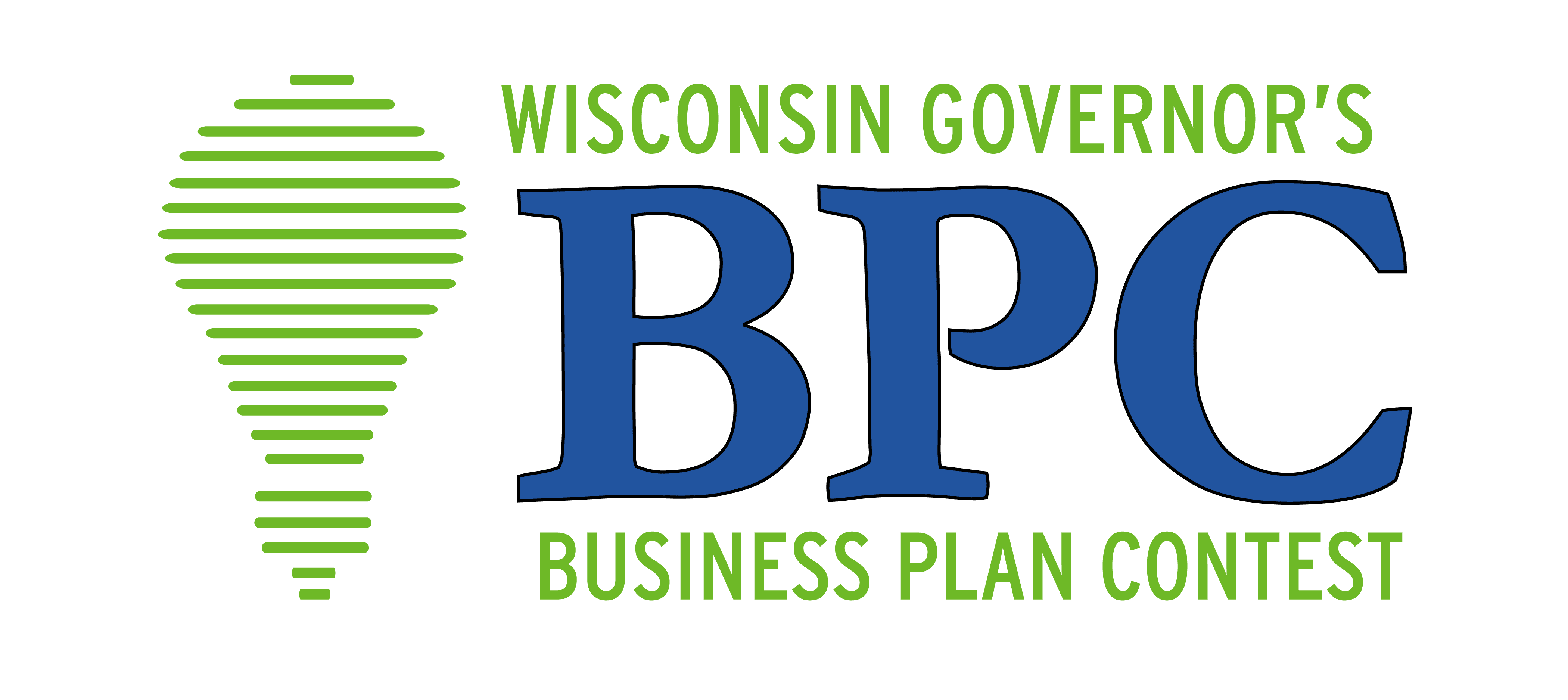By Tom Still
MADISON, Wis. – At its birth in 2004, the Wisconsin Governor’s Business Plan Contest drew far more entries from the Madison area than the rest of Wisconsin. As a result, the bulk of finalists were also from Dane County.
It’s a tribute to the evolution of Wisconsin’s support system for startups and scale-ups that the contest has steadily become more statewide in the geographic mix of entries, as well as those who advance to the final rounds.
That progress will take center stage June 4th and 5th at the Wisconsin Entrepreneurs’ Conference in Milwaukee, where the “Diligent Dozen” – survivors of a contest that began with about 200 qualified entries in late January – will compete for prizes and, more important, exposure.
 In truth, it’s the “Diligent Baker’s Dozen” this year because a statistical tie prompted the addition of a 13th contestant. The group includes seven from Dane County and six others from Kronenwetter, River Falls, Shorewood, Viroqua, Janesville and Fond du Lac. Four are women-led companies.
In truth, it’s the “Diligent Baker’s Dozen” this year because a statistical tie prompted the addition of a 13th contestant. The group includes seven from Dane County and six others from Kronenwetter, River Falls, Shorewood, Viroqua, Janesville and Fond du Lac. Four are women-led companies.
The improved out-state mix isn’t because Madison-area entries were weaker. It’s because entrepreneurs around the state are coming up with more competitive ideas. In the previous 2019 round of 28 finalists, for example, 17 hailed from outside Dane County.
The “Diligent Baker’s Dozen” who will deliver seven-minute pitches at Milwaukee’s Venue42, just a long three-point shot from the Fiserv Forum, are also a diverse lot when it comes to their plans in advanced manufacturing, business services, information technology and life sciences.
Software service plans include a digital recycling platform that helps consumers recycle right and recycle more; a voice-assistance technology to provide hands-free documentation to child-care centers; and a web platform that uses crowdsourced data and advanced analytics to enable plant breeders, seed sellers, farmers and gardeners to make more informed choices.
Entries focused on business services include a medical waste disposal company with a device that sanitizes and disintegrates hypodermic needles in less than a second; a prototype of a football helmet modeled after the infant human skull to provide more flexibility; and a maritime training and licensing platform to allow mariners to complete professional requirements without sacrificing day-to-day tasks required of life at sea.
Manufacturing ideas include a two-seat, high-performance, carbon-fiber kit aircraft that can be built in a two-car garage; a product designed to produce materials that will disrupt the lithium-ion battery market; a proprietary liquid-composite armor technology that absorbs projectile energy; and a metal 3D printing service for affordable prototyping and mass production.
Life sciences plans include a decision support system that backs a digital otoscope with artificial intelligence to present medical practitioner with the most likely diagnosis for middle ear infections; targeted contraceptives for overabundant, feral and invasive species; and a cloud-based dose engine capable of calculating voxel-based absorbed doses for radionuclide therapy procedures.
Over time, more than 3,900 plans from more than 315 Wisconsin communities have been entered in the contest. Finalists have included companies such as RevolutionEHR, Vector Surgical, Nerites, Elucent Medical, Fishidy, Lynx Biosciences, Hyde, bluDiagnostics, Strategic Fishing Systems, Optametra, Platypus Technologies, Reza Band, RoWheels, MobCraft Beer, Sector67 and BadgerBites.
Known today as Eat Street, the founders of BadgerBites built what has become one of the nation’s largest online and mobile food ordering and delivery services.
Some lunar-sized craters were left by promising finalists, too, but that’s not unusual in the world of emerging companies. A more striking fact is that past BPC finalists have enjoyed a high survival rate, especially compared to the U.S. startup mortality rate overall. Collectively, past contestants have raised at least $225 million in angel and venture capital and venture debt – all while creating jobs and economic value in Wisconsin.
The Entrepreneurs’ Conference will provide a mix of high-level speakers, panelists and more, and a highlight is always the pitches of those whose business plans emerged after scrutiny by nearly 100 volunteer judges. It’s worth the trip to see young companies that will make a difference tomorrow.
Still is president of the Wisconsin Technology Council. He can be reached at tstill@wisconsintechnologycouncil.com; learn more at www.wtrepsconference.com.



